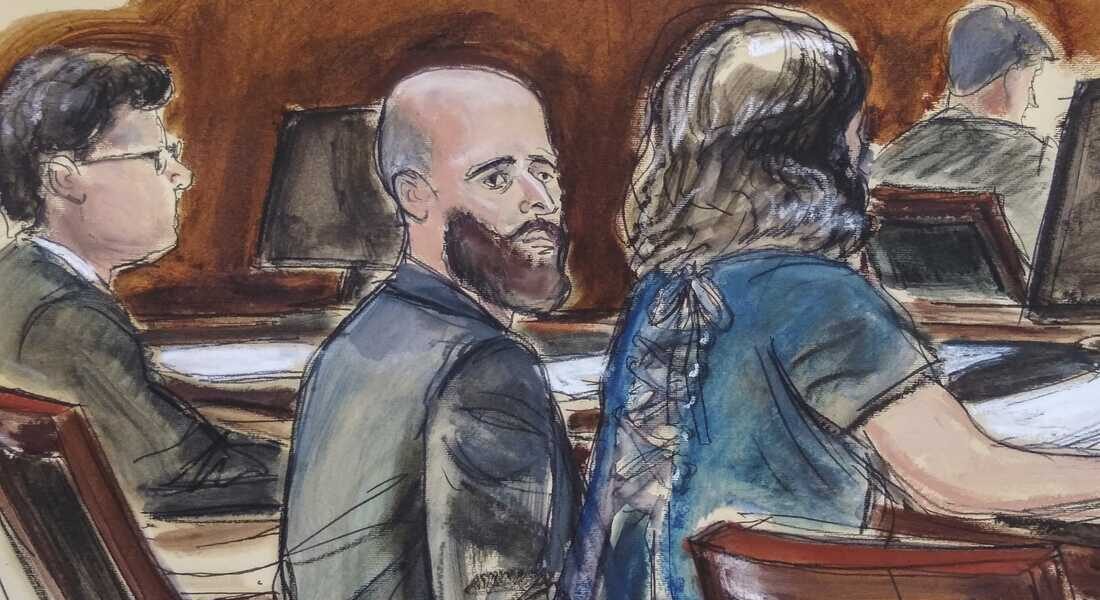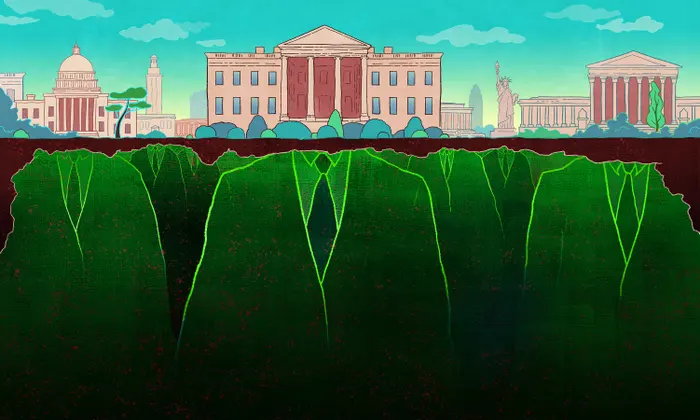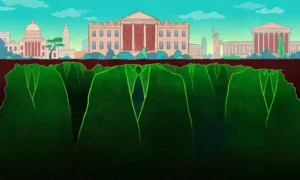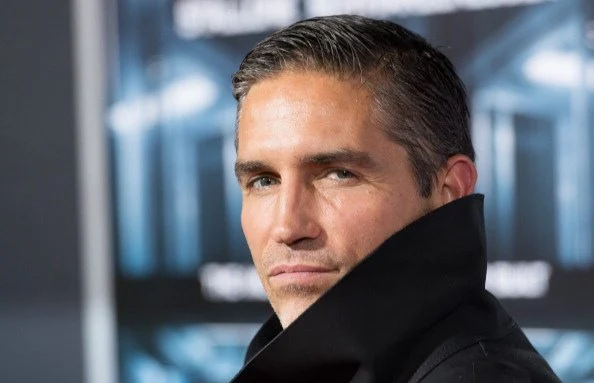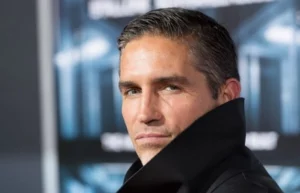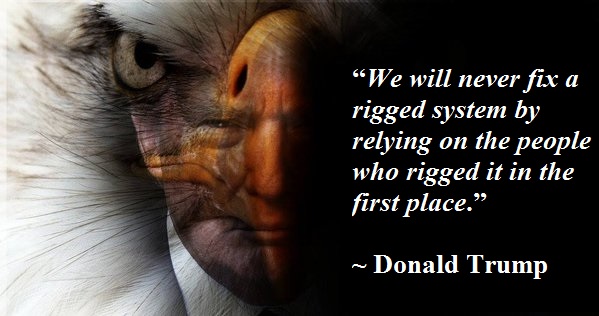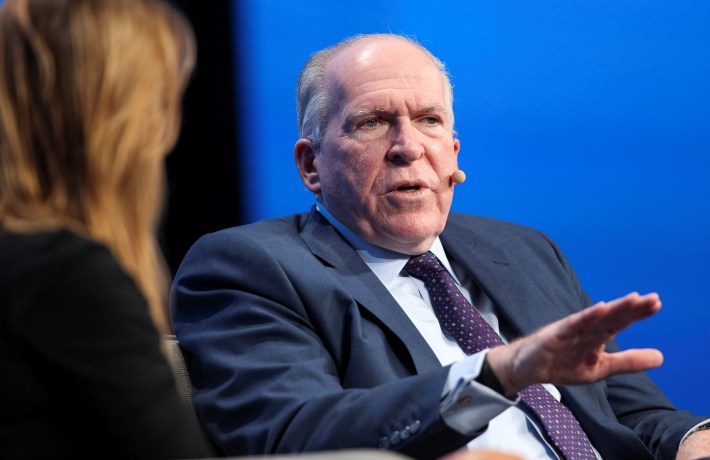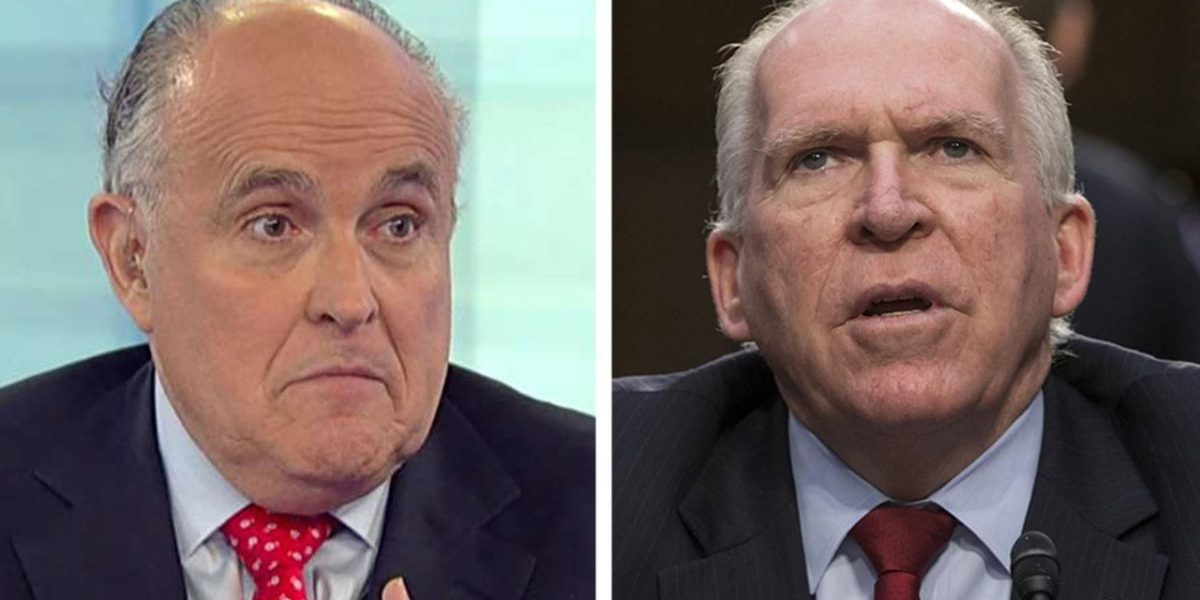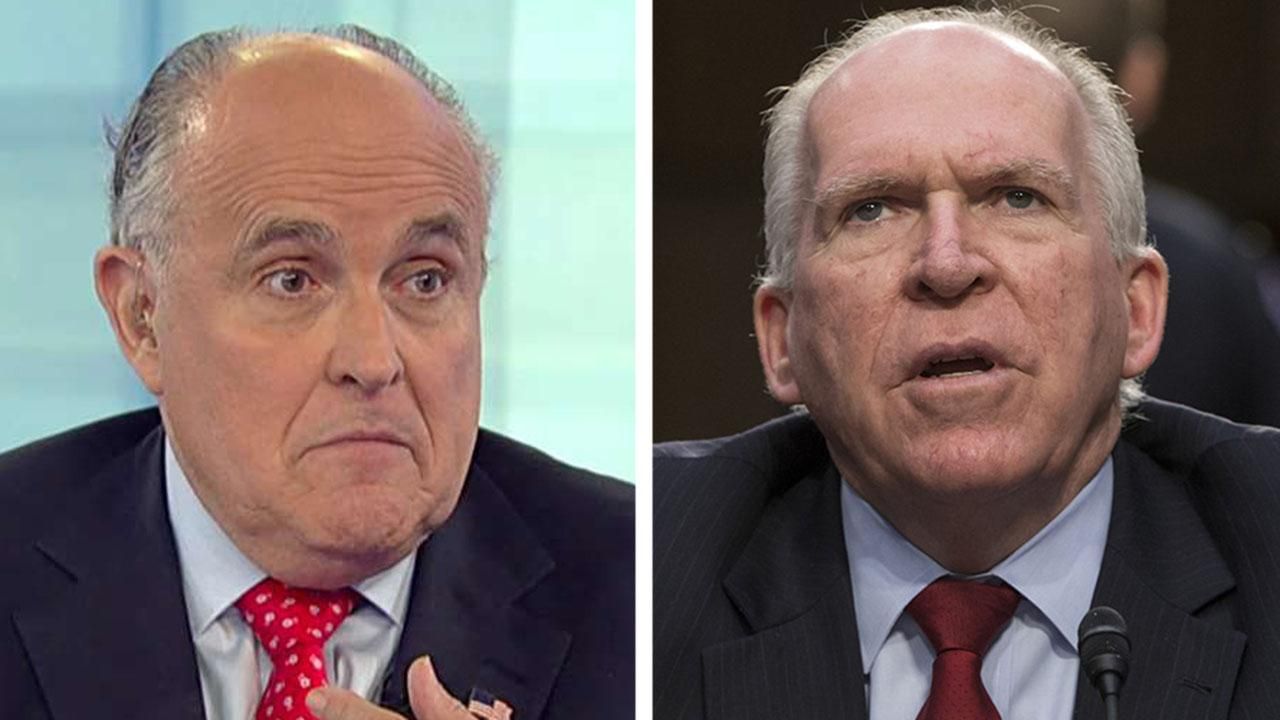
Joshua Adam Schulte was convicted last week of receiving, possessing, and distributing child pornography in New York City, a conviction which will likely result in decades of imprisonment after his scheduled January 10 sentencing. He has been held without bail since 2018.
Schulte is accused of being the most prolific and important leaker of confidential intelligence community secrets, and the disclosures he revealed to the public were more consequential than other famous leakers and whistleblowers of the past, including Edward Snowden and Daniel Ellsberg. Schulte has said that he is being set up by the government as a scapegoat because of the embarrassing fallout from the disclosures.
In 2017, a major release exposed the critical tools used by the Intelligence community to subvert individuals, companies, and governments worldwide. These releases, called “Vault 7” and “Vault 8,” included ‘tools’ that could be used to:
-
-
Targeted malware to compromise computer systems
Break into smartphones, computers and even Internet-connected televisions.
-
Compromise Skype; Wi-Fi networks; PDF documents; and even commercial antivirus programs of the kind used by millions of people to protect their computers.
-
Compromise Skype; Wi-Fi networks; PDF documents; and even commercial antivirus programs of the kind used by millions of people to protect their computers.
-
Targeted malware to compromise computer systems
The scale of the digital criminality those tools described is unparalleled. Whereas Edward Snowden showed, through similar releases in 2013, the overall scale and scope of the “surveillance state,” the Vault 7 releases showed the actual tools used to illegally obtain evidence and intelligence. The government claimed to the New York Times that this was the “largest theft of confidential information in the Agency’s history.”
Joshua Adam Schulte, age 34, was a programmer at the CIA who is accused of releasing these programs to the public. He started working for the National Security Agency in January 2010 while a student at the University of Texas at Austin. After a short period he then started working for the CIA, which lasted until November 2016. Schulte was prosecuted for ‘espionage’ in 2020 and 2022, resulting in convictions on four counts of espionage, four counts of computer hacking, contempt of Court, and making false statements to the FBI.
During his trials in New York, Wikileaks complained about a near total media blackout on his case.
The trial transcript from Schulte’s 2020 trial make clear that the classification regime prevented the defense from being able to conduct a thorough and fair investigation prior to trial. Many of the witness names were classified, for example. Defense Counsel David Zas, during the trial, tells the Judge, “I’m telling you as an officer of the court, not only was our investigation not reasonable, it was nothing,” due to the classification of names and documents critical to presenting an adequate defense to the criminal charges.
The 2018 Indictment against Schulte includes allegations of espionage and child pornography, but also includes an allegation about criminal copyright violations, apparently because Schulte’s computer, after being subpoenaed, allegedly contained a large number of pirated movies.
But the allegations against Schulte about child pornography are notable in that the government alleged that the possession and distribution of such materials happened during the entire 7 year period when Schulte was employed as an elite software engineer by the nation’s most powerful intelligence agencies.
It strains credibility to think that the government was simply unaware of Schulte’s server side business which possessed and distributed such materials during the seven years he was employed by the government.
The jury in his espionage case had originally deadlocked in 2020. When retried, the DOJ framed him as seeking petty vengeance on his former workplace instead of someone trying to educate the public about the criminal acts of its government. Schulte had also dismissed his public defender and decided to defend himself. Post-conviction, he now faces up to 80 years in federal prison.
The government alleged they found an encrypted ‘cache’ of 3,000 images of child pornography on Schulte’s servers.
The government had originally claimed there were 10,000 offending images of child pornography.
The government never bothered to explain where the extra 7,000 offending images went.
Also suspicious is that Mr. Schulte was employed by the CIA for several years in its “elite hacking” division called the “Operations Support Branch” according to the government, but that background checks did not reveal that Schulte’s business renting out server space included compromising child pornography.
Former CIA whistleblower John Kiriakou has complained about Schulte’s treatment while in prison, comparing it to torture. -
-
